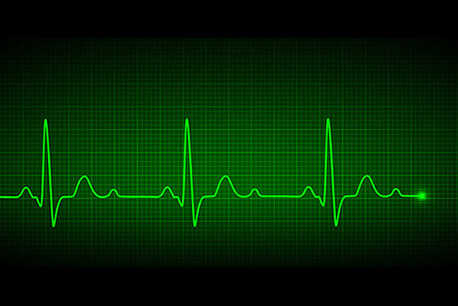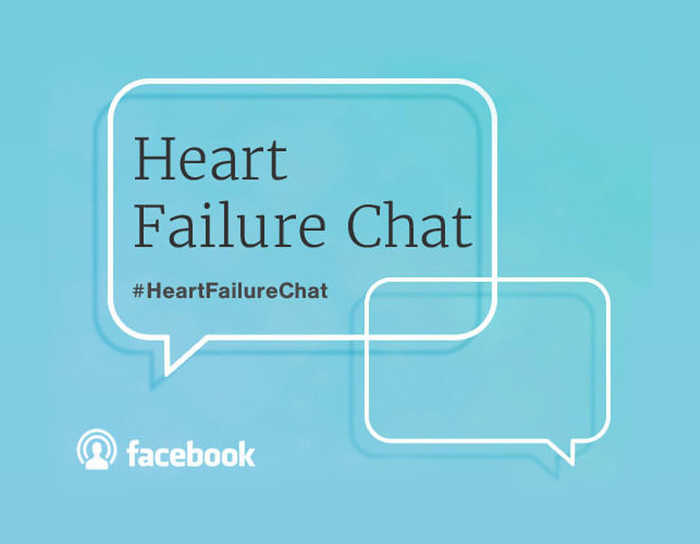-
-
Tools & resources
It looks like you are using an older version of Internet Explorer which is not supported. We advise that you update your browser to the latest version of Microsoft Edge, or consider using other browsers such as Chrome, Firefox or Safari.
5 common heart failure myths
1. Heart failure is the same as a heart attack
Heart failure and heart attack are two different things.
A heart attack occurs suddenly and unexpectedly when the arteries supplying blood to the heart are blocked and typically results in the death of part of a heart muscle.
Heart failure is a chronic (long-term) condition in which the heart can't pump enough blood to meet the body's needs.
However, heart failure can be caused by a heart attack. Other causes include high blood pressure and lifestyle factors.


2. Only older people get heart failure
Although heart failure is much more common for older people, young and middle-aged people can develop heart failure too. Around 4% (1 in 25) of people with heart failure are under 55.[1] Neslihan was diagnosed with heart failure when she was a teenager. Read her story here.
3. Heart failure means your heart will stop working
If you have heart failure, it does not mean your heart is about to stop working. It means your heart needs some support to do its job and there are many treatments and also lifestyle changes that can help do this. For more information on lifestyle changes that can help you to manage heart failure click here.


4. If you have heart failure, you have to take it easy
While it does depend on the severity of the disease, generally people with heart failure should be encouraged to stay active just like everyone else. After all, the heart is a muscle and like all muscles, it will benefit from exercise.
However, many people with heart failure say they feel they have limited amounts of energy, like a battery. It is important to allocate this energy to activities throughout the day and conserve it when necessary. For more advice on how to manage life with heart failure, click here.
5. Once you’ve got heart failure, it can only get worse
Heart failure is generally a progressive condition. However, the progress of heart failure is unpredictable and different for each person.
With careful management of the disease, the severity can be reduced for some people, with symptoms easing and prognosis improving. In many cases, the symptoms remain at a stable level for quite some time.[2]

Related content

The expert perspective
A consultant cardiologist and patient educator offer their expert opinions and first-hand experience of heart failure, answering your questions

Impact of heart failure
Heart failure affects millions of people worldwide. Find out just how big of an impact this disease has.

Diagnosis and treatment
Find out how heart failure is diagnosed and the ways a doctor may treat your condition.
